
Event on: July | 29-30 | 2021
Online International Conference on
Atmospheric and Earth Sciences
Theme : Advancements in the field of Atmospheric and Earth Sciences Research
Webinar
Coalesce Research Group warmly invites all the Speakers, Delegates, Researchers, Students and Industrialists to be a part of the “Online International Conference on Atmospheric and Earth Sciences” to be held from July 29-30, 2021.
The theme of the conference is "Advancements in the field of Atmospheric and Earth Sciences Research".
Atmospheric and Earth Sciences Conference aims to bring together leading academic scientists, researchers and research scholars to exchange and share their experiences and research results on all aspects of Atmospheric and Earth Sciences.
The event will have esteemed plenary speakers, reputed keynote speakers, active Invited speakers and opportunities for young scientists and researchers to present their research findings. In addition, a variety of poster presentations along with workshops and special sessions would add value to put forward many thought-provoking strategies for a future line of action in Atmospheric and Earth Sciences.
Atmospheric and Earth Sciences conference aims to unite eminent remote sensing scientists, GIS, geologists, meteorologists, hydrogeologists and marine scientists under one roof to showcase their explorations and perceive answers for the oncoming summons in their relevant field.
The time has come to change, and we do have the potential to logically collate the information which can help us innovating new methods to upgrade our capacity for economic development through advancements in the fields of earth and atmospheric sciences and to examine different new measures to handle changes at a universal level and furthermore disperse the findings of researches to the worldwide network. This conference would be a platform for that. The primary goal of the conference is to comprehend the present highlights of the past and present advancement of the earth and atmospheric sciences and utilize this information for the advancement of mankind.
Targeted Audience
Biologists
Geologists and Geo Scientists
Ecologists
Climatologists
Meteorologists
Environmental Science Experts
Marine Biologists
Oceanographers
Hydrologists
Chemical and Biological Engineers
Environmental Engineers
Researchers and Innovators
Academic Faculty and Students
Training Institutes
Associations, Societies and Professional Bodies
Industries
Environmental and Climate Change Policy Analysts
Non – Governmental Organizations
Business Entrepreneurs
Guidelines For Speakers
Guidelines For Poster
Opportunities for Conference Attendees
For Researchers & Faculty
For Universities, Associations & Societies
For Students & Research Scholars
For Business Speakers
For Companies
Abstract Peer-review Process/Guidelines
The following are the steps that each abstract of the Conference undergoes during the process of peer review
Criteria to be considered for Scoring
The abstract should be reviewed according to the following criteria:
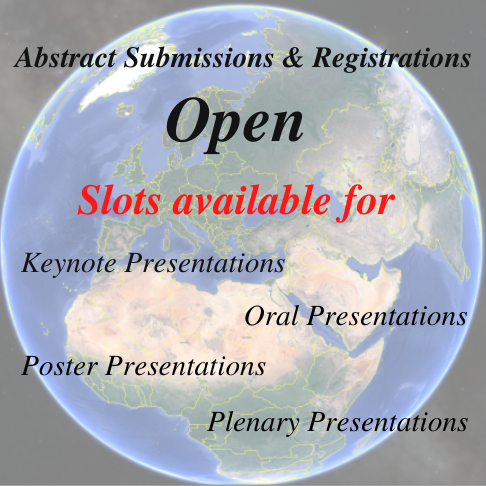

Climate Change Truth Inc., USA
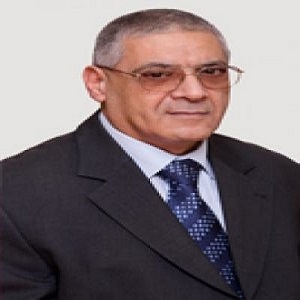
Obuda University, Hungary
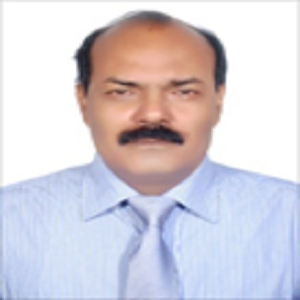
Bangladesh Agricultural University, Bangladesh

Climate Change Truth Inc., USA
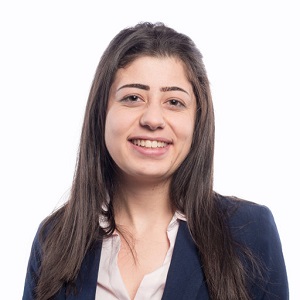
Université du Littoral Côte d’Opale (LPCA - ULCO), France
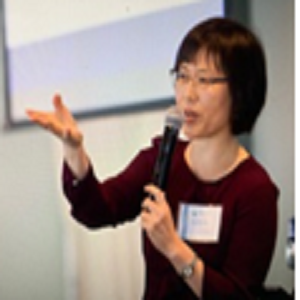
University of Seoul, South Korea
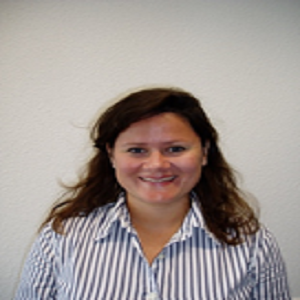
Netherlands